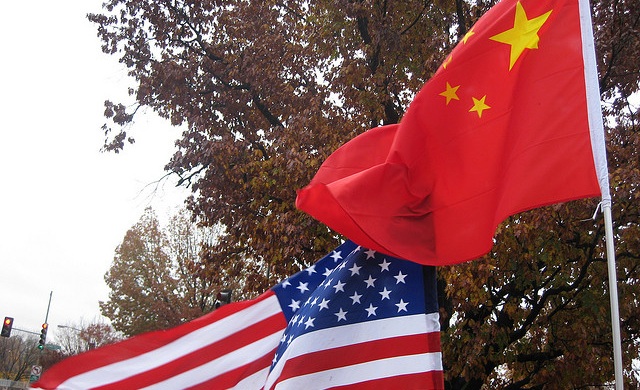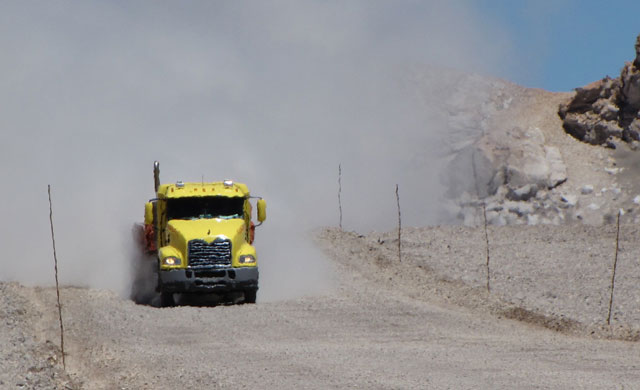I argued a few weeks ago on t1ps.com that AIM listed solar wafer producer PV Crystalox (LSE:PVCS) should shut its operations at once and return all its cash to shareholders. The share price is 7.9p valuing PV at £32 million and the company (as at the half year) had net cash of 122 million Euro, £97 million. The company reported a steep first half loss. And things are only going to get worse.

The very well paid directors argue that they have taken remedial action; they operate in a long term growth industry, blah, blah, blah. The facts are rather different as an excellent article in today’s Daily Telegraph makes at least partially clear.
You can read that piece HERE
This is a commodity business. Capacity was ramped up by a) Investors in the UK and US stumping up vast stacks of cash for new companies to build capacity because they were into all this “green investing” tripe, b) subsidies from some Western Governments (notably that of President Obama) for capacity build because Politicians are always so great at spotting the next big industry to piss taxpayers cash away on and c) ( most critically) vast subsidies from the Chinese Government to build capacity because Chinese politicians are – essentially – as arrogant and stupid as those from the West.
That would be bad enough but it takes such a long time to earn an economic return from setting up solar panels that the only way to stoke demand was for Governments to subsidise customers as well. The leaders in this field were the global warming loons of the EU but ( even in Greece) they have now worked out that bankrupt countries ( or those heading that way) cannot afford to subsidise projects which make trivial differences to global footprints and create virtually no jobs at all ( apart from a few in China where manufacturing takes place). So the subsidies for customers are going, going gone and demand is falling.
Falling demand plus chronic overcapacity in a commodity industry is a recipe for disaster and thus PV is not the only player racking up losses – almost every producer across the globe is facing the same issue. There are a couple of cracking US short plays in this zone (reporting similar losses to PV but with net debt) that I shall be flagging up elsewhere later today – follow me on twitter @tomwinnifrith for more.
I am prepared to be charitable and assume that demand will stabilise (it will not but I am a nice guy). But what the Telegraph article which all shareholders in PV should read and then contact the board makes patently clear is that the Chinese Government will bankroll its home grown talent for as long as it takes. So the two questions we supports of PV have to ask are:
1. In this battle to survive until overcapacity is eliminated who has the deepest pockets, the Government of China or shareholders in PV?
2. The Chinese Government wishes to preserve jobs and avoid embarrassing closures. It would thus be happy if enough capacity was eliminated ( elsewhere) such that operating margins were 0.1%. As long as its factories keep going it can live with it. PV shareholders would no doubt wish to see a rather higher margin but with China serving up subsidies it will be it that decides marginal production levels not PV and so it calls the shots.
Whatever the exact outcome it is hard to see how, from here, PV can ever get back to the stage where it is earning a return on capital/profit that we investors would require. As such I would hope that the board reconsiders its position and acts as swiftly as possible to cease all operations and return cash to shareholders. The longer it delays making what is the only logical decision to maximise shareholder value, the less cash it will have to return.


 Hot Features
Hot Features














Could be premature. Plenty of ideas out there and I received a marketing enquiry from a client yesterday wanting to expand their solar business.
See also:
http://www.bizjournals.com/cincinnati/news/2012/08/29/german-solar-panel-manufacturer.html
Of course we should all note the Telegraph is the home of all things anti climate change, though I agree the overcapacity issue is extreme.
Chris
If they wish to expand their solar business there is no shortage of capacity they could buy.
Telegraph has a mixed record on climate change. It has got some writers who support it. Others who (like me) are sceptics.
The issue is – as you identify – overcapacity. That can only be solved by firms shutting down and it looks as if that will not be PRC firms
Thank you for your comments
Best wishes
Tom Winnifrith
Great, thanks for sharing this article post.Thanks Again. Keep writing.
insurancewhisper